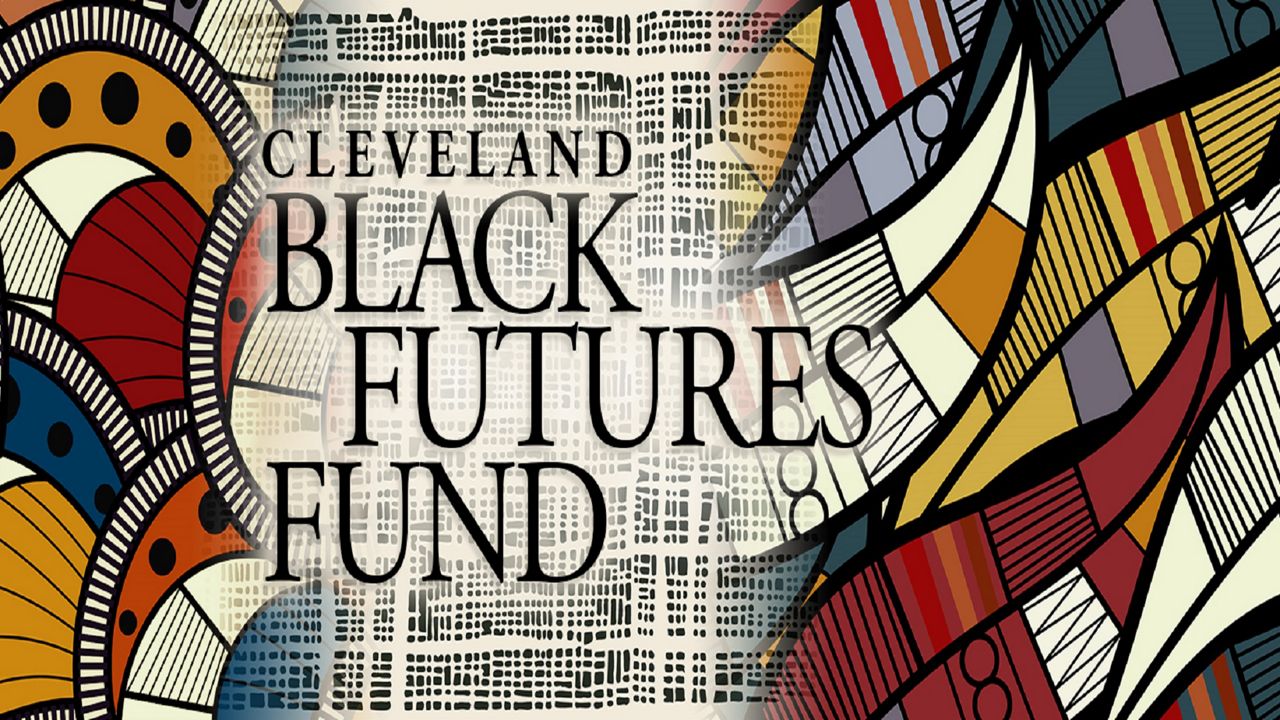CLEVELAND — The Cleveland Foundation’s Black Futures Fund will focus exclusively on Black-led, Black-serving nonprofit organizations as it begins its first round of grant making.
What You Need To Know
- Black-led nonprofit organizations serving the Black community can apply online on Monday, Jan. 25 at noon for the Cleveland Foundation’s Black Futures Fund in its first round of grant-making
- The fund was created to strengthen and grow the Cleveland area’s Black-serving organizations, while working to tear down systemic racism and move the community toward racial equity
- The foundation will host workshops and staff virtual office hours to help groups apply
- The Black Futures Fund has grown to more than $4 million since it was created last September
Greater Cleveland organizations with Black leaders, working for the Black community, are invited to apply for funding online beginning Monday, Jan. 25 at noon. The deadline to apply is Feb. 26. Organizations receiving grants will be notified by the end of March, the foundation said.
The focus of the Black Futures Fund is to strengthen and grow the infrastructure and capacity of Cleveland’s Black-serving organizations, while working over the long term to tear down systemic racism, and move the community toward racial equity, the foundation said.
To that end, these specific grants will be awarded only to groups with Black leadership, said Courtenay Barton, the foundation’s program director for arts & culture and racial equity initiatives.
“Data has emerged about how organizations with Black CEOs specifically, across the country, receive significantly less grant funding than organizations without Black CEOs, even if they're serving the same community,” Baron said. “We wanted to make a specific and intentional vehicle to be able to work on that particular inequity.”
Established on Sept. 1, 2020, the Back Futures Fund was seeded with $2.5 million by the foundation and has quickly grown to more than $4 million, Barton said.
In December, the fund received $1 million from Facebook as part of the social media platform’s $100 million commitment to support Black businesses, creators and nonprofits.
“It's gotten such an incredibly positive response, and I think that's because people want to be of help,” Barton said. “A lot of people don't have the skills or positions to go out and actually do the work, but they can provide resources. We put it out there that we wanted to support the Black community, specifically in overcoming, in rebuilding, and people responded with support.”
All types of Black-led nonprofits -- not only health and human services-focused agencies -- should apply for grants, as the foundation will consider applicants offering a range of services, Barton said.
“People have a tendency to undersell or under appreciate the value of what they're doing, what makes it unique, what makes it special and valuable,” she said. “When people spend their lives doing things for people, they think of it as a matter of course when, in fact, it's remarkable. I see that all the time. So if people are reading this and thinking, 'This is just what we do,’ I want them to consider that their work is valuable.”
In creating the fund last year, foundation officials drew from research by the Center for Community Solutions that found Cleveland’s Black community is at a disadvantage to other populations in many areas, including:
- higher infant mortality and child poverty
- overrepresentation in the criminal justice system
- disproportionate number of workers in low-wage job
- shorter life expectancies
Last June, Cleveland City Council passed a resolution declaring racism a public health crisis, triggering a requirement that the city take action to eliminate disparities causing health issues, per guidelines from Centers for Disease Control and Prevention.
Cuyahoga County Council also passed a resolution declaring racism a public health crisis and a Citizens’ Advisory Council on Equity was created, which is helping the foundation identify and address the true needs of the community, Barton said.
The country’s response to systemic racism should be aligned with the response to the pandemic, which has disproportionately impacted Black communities, Barton said.
“Similar to our community’s response to COVID-19, now is the time for philanthropy to show a sense of urgency to address systemic racism,” she said. “Black-led and Black-serving social change organizations are the frontline workers in this effort, and we must invest in them just as we have invested in the workers on the frontlines of the COVID-19 pandemic.”
The role of a community foundation is to respond where the need is greatest and that is with Cleveland’s Black community, Cleveland Foundation President & CEO Ronn Richard said in the release.
“The Cleveland Black Futures Fund was established to acknowledge that Black residents in Cleveland face a greater likelihood of negative life outcomes solely because of the color of their skin,” he said. “It is just our first step in what must be a long-term, community-wide effort to dismantle racist systems that have made communities of color vulnerable.”
To assist groups in applying for the grants, the foundation will host a webinar and offer virtual office hours to assist applicants.
For more information on the Black Futures Fund contact ClevelandBlackFuturesFund@clevefdn.org. For questions about the application, contact grantsmgmt@clevefdn.org.



